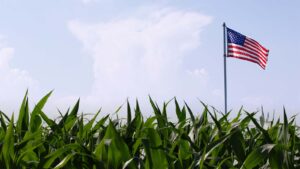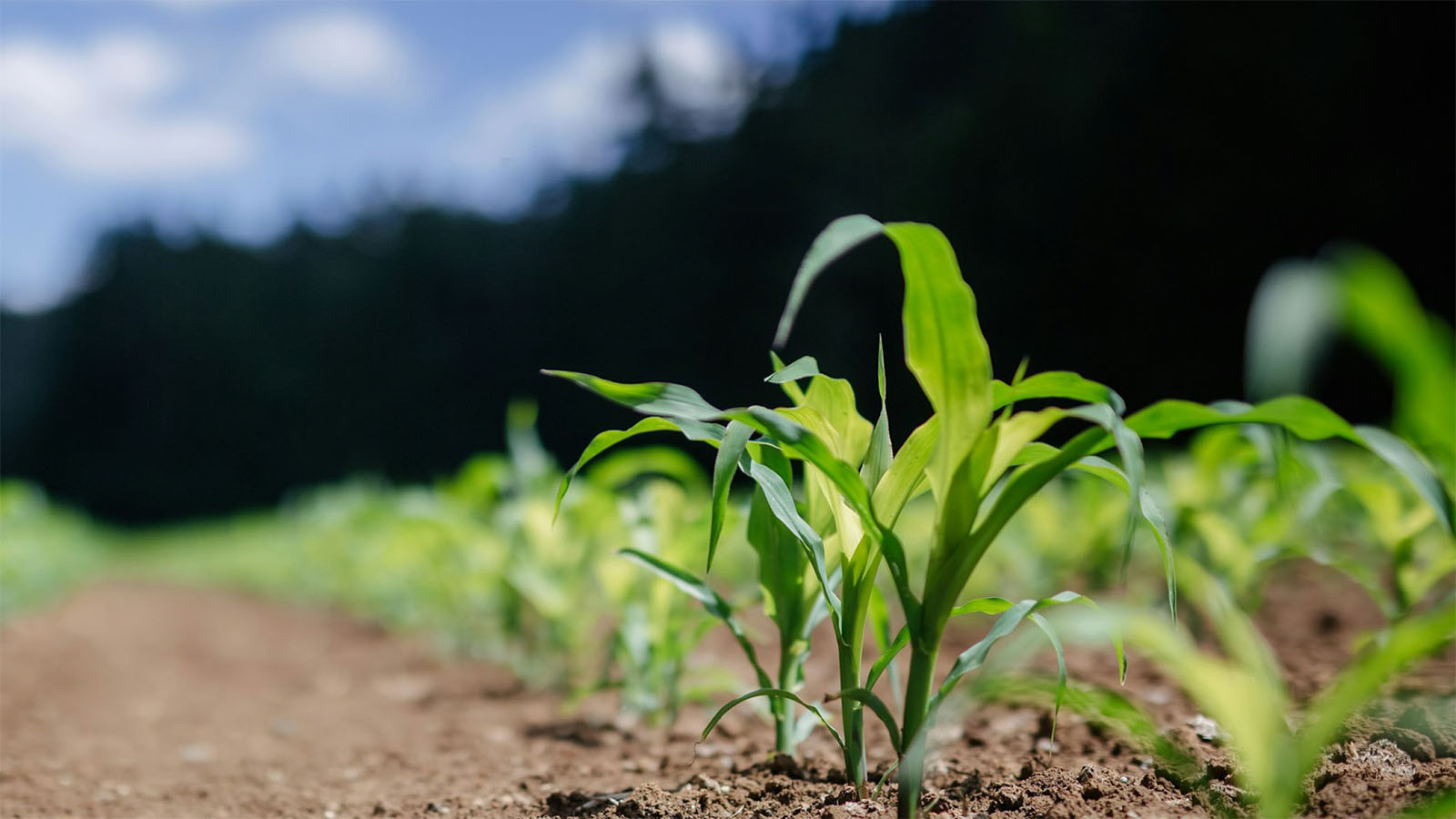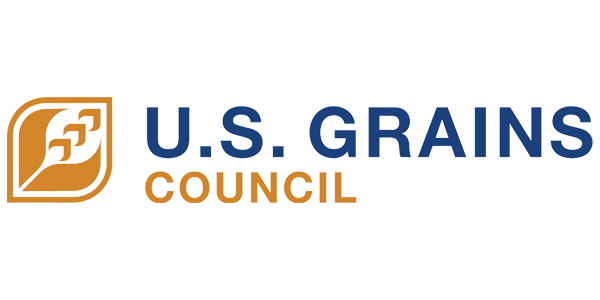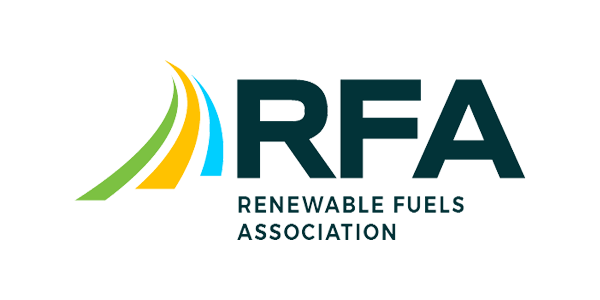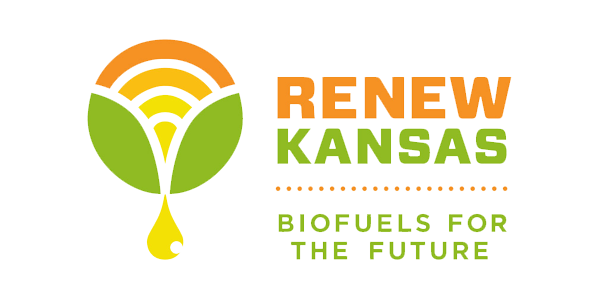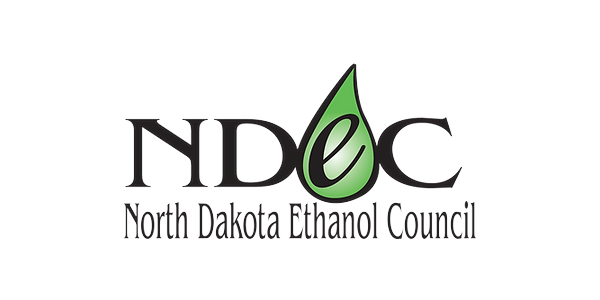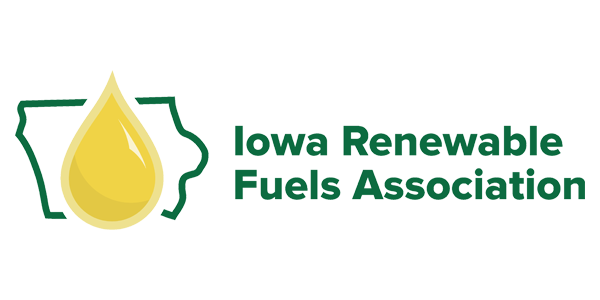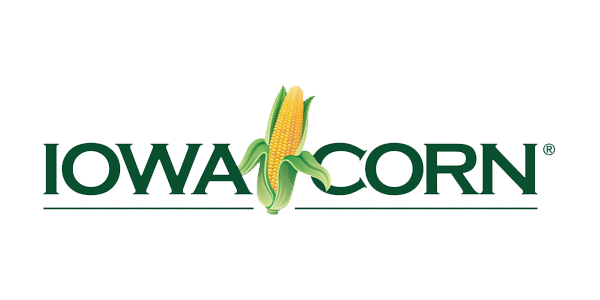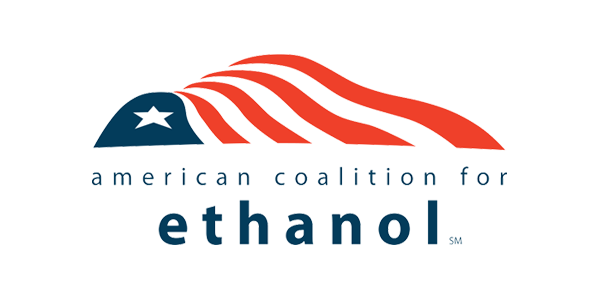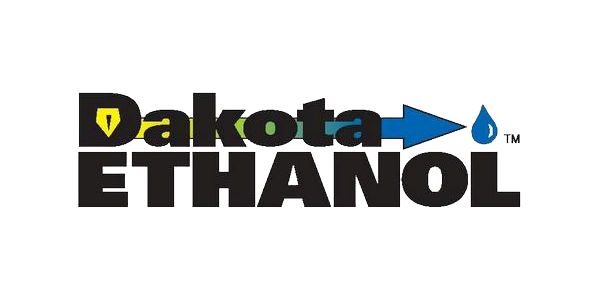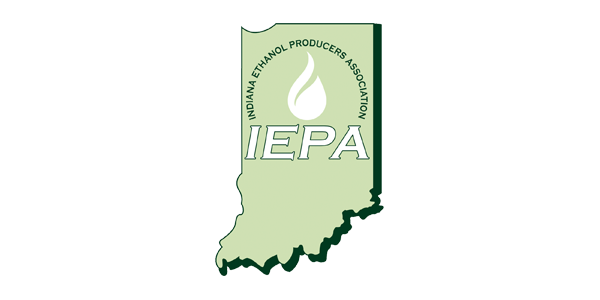The following was first published in the Des Moines Register and can be found here.
Being a farmer is not for the faint of heart. Year to year, we’re not sure what we’ll be faced with: droughts and floods, rising input costs and sinking commodity prices, unfair import tariffs, and presidential candidates who don’t know the first thing about farming.
My parents started their farming operation in 1959, the year I was born, so farming has been a part of my whole life. I always dreamed of being a farmer, but the road to getting there has been difficult. The future staring farmers in the face as we try to maintain our farms for the next generations seems even bleaker.
Earlier this year, the U.S. Department of Agriculture projected net farm income to decline by $41.7 billion, or 22.8%, year over year. Additionally, the USDA said net cash farm income will be down by 26.5%.
After farmers experienced extreme dry weather conditions over past couple of years, they were unsure of what 2024 would be like, so some held on to 2023 crops. Then weather conditions changed (rain makes grain) and corn prices have dropped significantly. The rapid and significant drop in prices has left storage bins filled with record amounts of corn.
A tremendous market for corn growers has been ethanol and biofuels. But cars have become more fuel-efficient and more electric vehicles keep hitting the road. Those developments have had a negative effect on corn demand. Exports are slipping, and corn yields keep rising.


